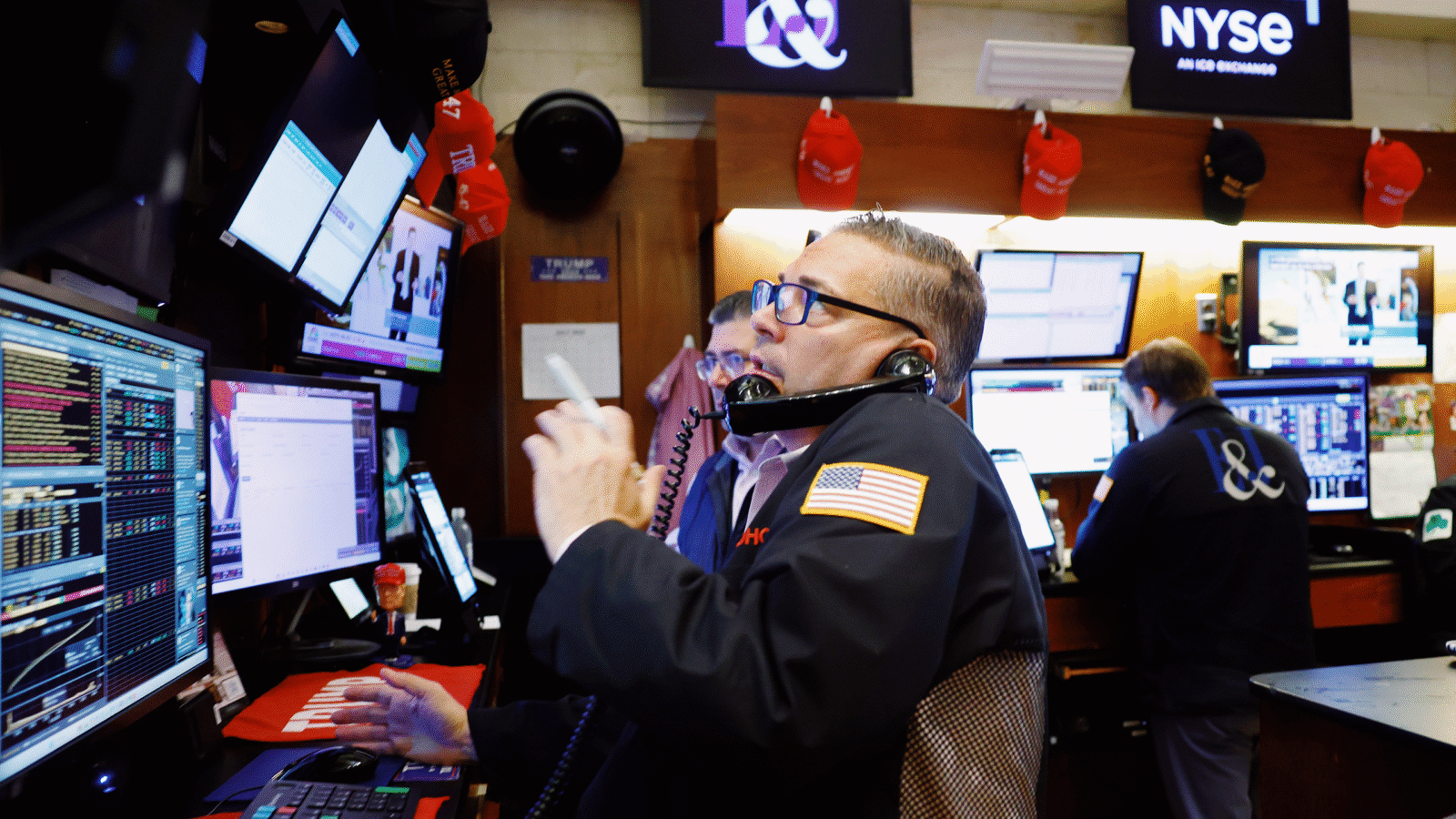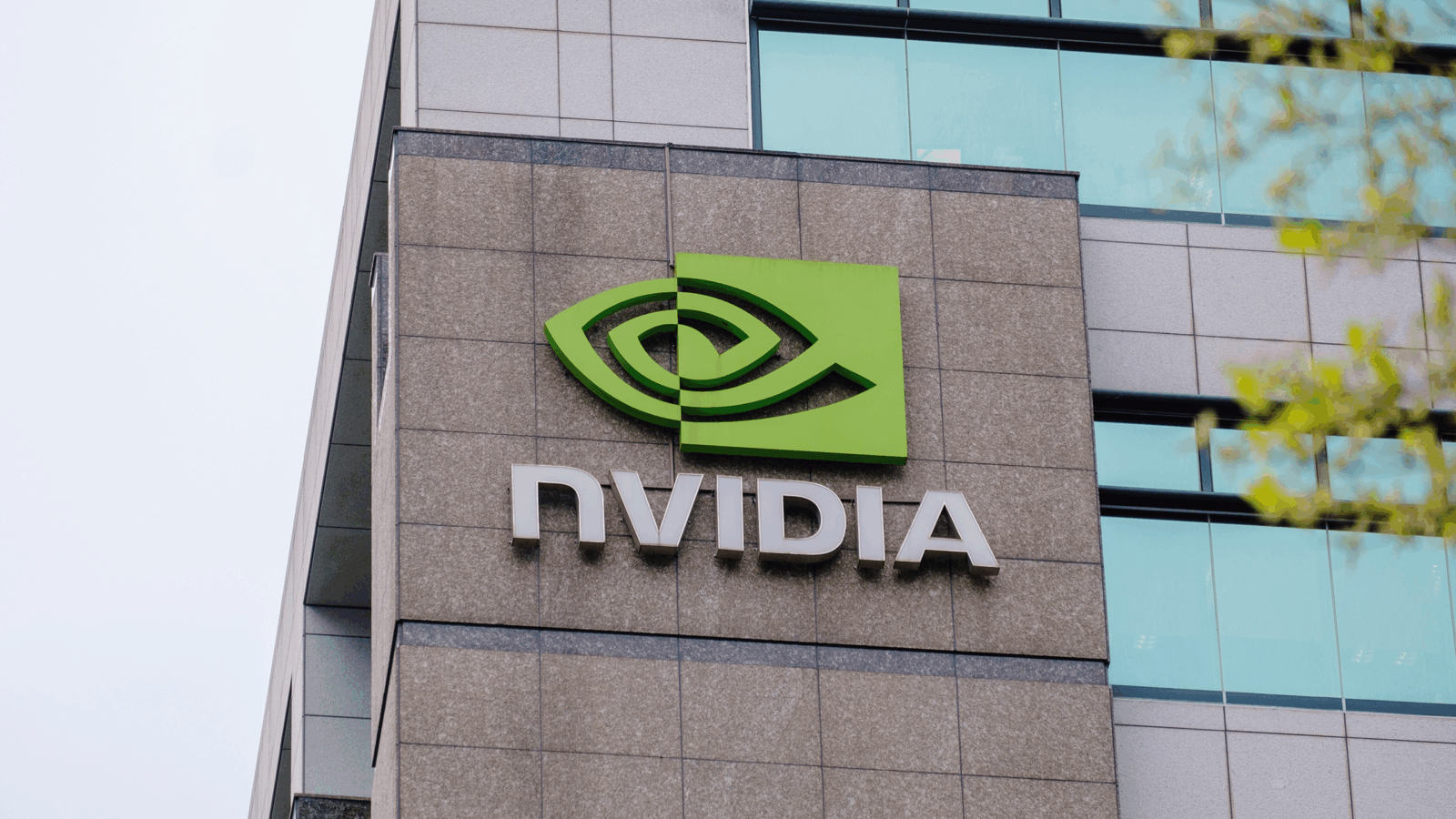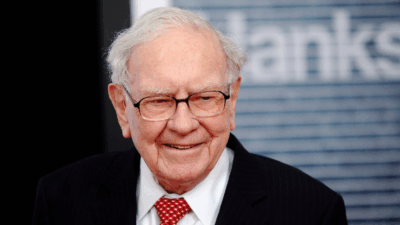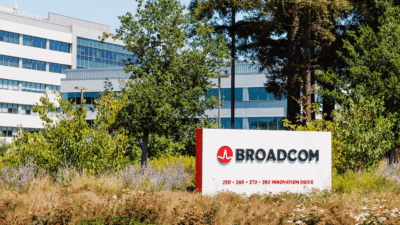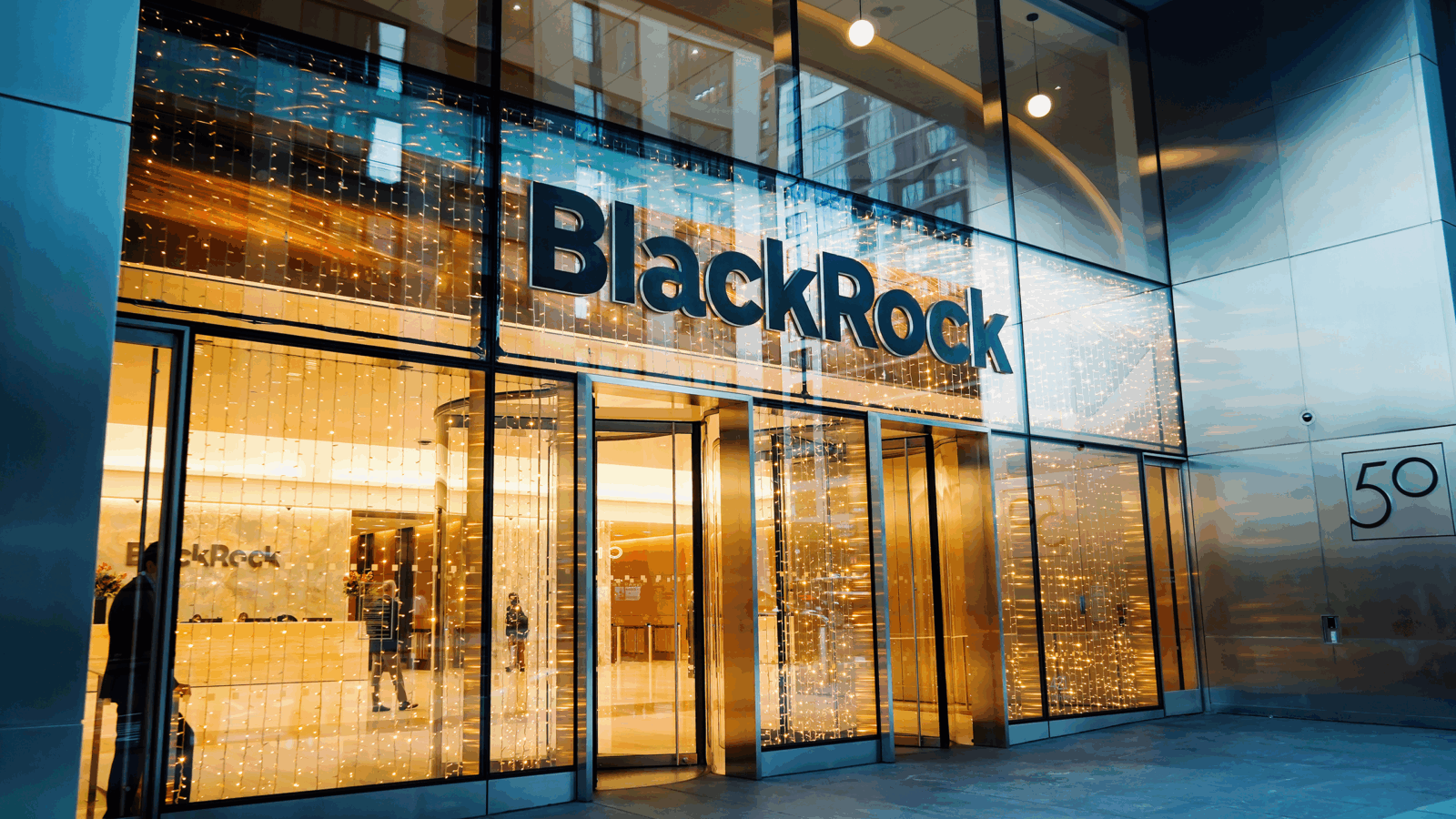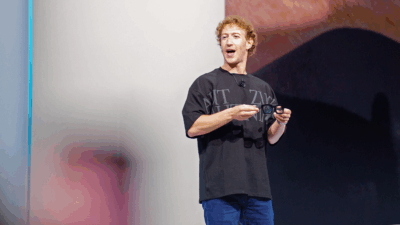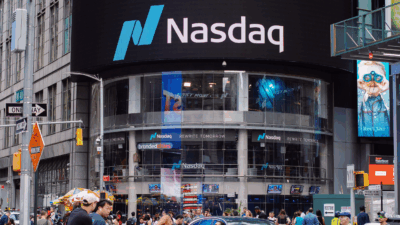
Sign up for smart news, insights, and analysis on the biggest financial stories of the day.
Hybrid work is now a permanent fixture in millions of people’s lives, and there’s ample reason to believe they will need tools to drown out the barking dogs and annoying neighbors doing renovations when they’re plugged into company meetings.
On Monday, HP announced it’s capitalizing on that need by agreeing to acquire Poly, a maker of office headsets and conference room electronics, for roughly $3 billion, including debt.
Hybrid Work, Pure Revenue
It’s not really a question at this point whether hybrid work is here to stay. Some of the world’s biggest companies, including Twitter, Google, and Shopify, have told employees they can move in and out of the office freely forever. A survey of 10,000 non-manual workers by Future Forum last year found that 63% favor a hybrid remote-office arrangement. When Goldman Sachs CEO David Solomon, a staunch advocate of the old-school workplace, ordered the bank’s employees to return to full-time office work last month, only half turned up.
HP, a legacy tech giant best known for home computers and printers, looked at Poly and saw a bargain:
- Poly, which is projecting $1.7 billion in revenue and $230 million in EBITDA (a proxy for cash flow) for the fiscal year ending this month, was considered hugely undervalued by some analysts. HP is offering $40 per share, a 53% premium on the company’s $26 Friday close, in a deal expected to wrap up by year’s end.
- Poly’s potential market is massive. In addition to personal headsets and cameras, it makes high-tech cameras and speakers for office video conferences. CEO Dave Shull said only 10% of the world’s 50 million conference rooms are equipped for video conferencing, a necessity for meetings between workers in the office and remote colleagues wearing business casual on top to cover for their out-of-view sweatpants.
Burn, Cash, Burn: With the tech-heavy Nasdaq down 10% this year, some analysts believe the market is rife with bargains for rich firms like HP with cash to burn. Earlier this year, Microsoft spent $68 billion on gaming giant Activision Blizzard. “Tech takeovers are alive and well,” Mark Lehmann, CEO of JMP Securities, told CNN.
